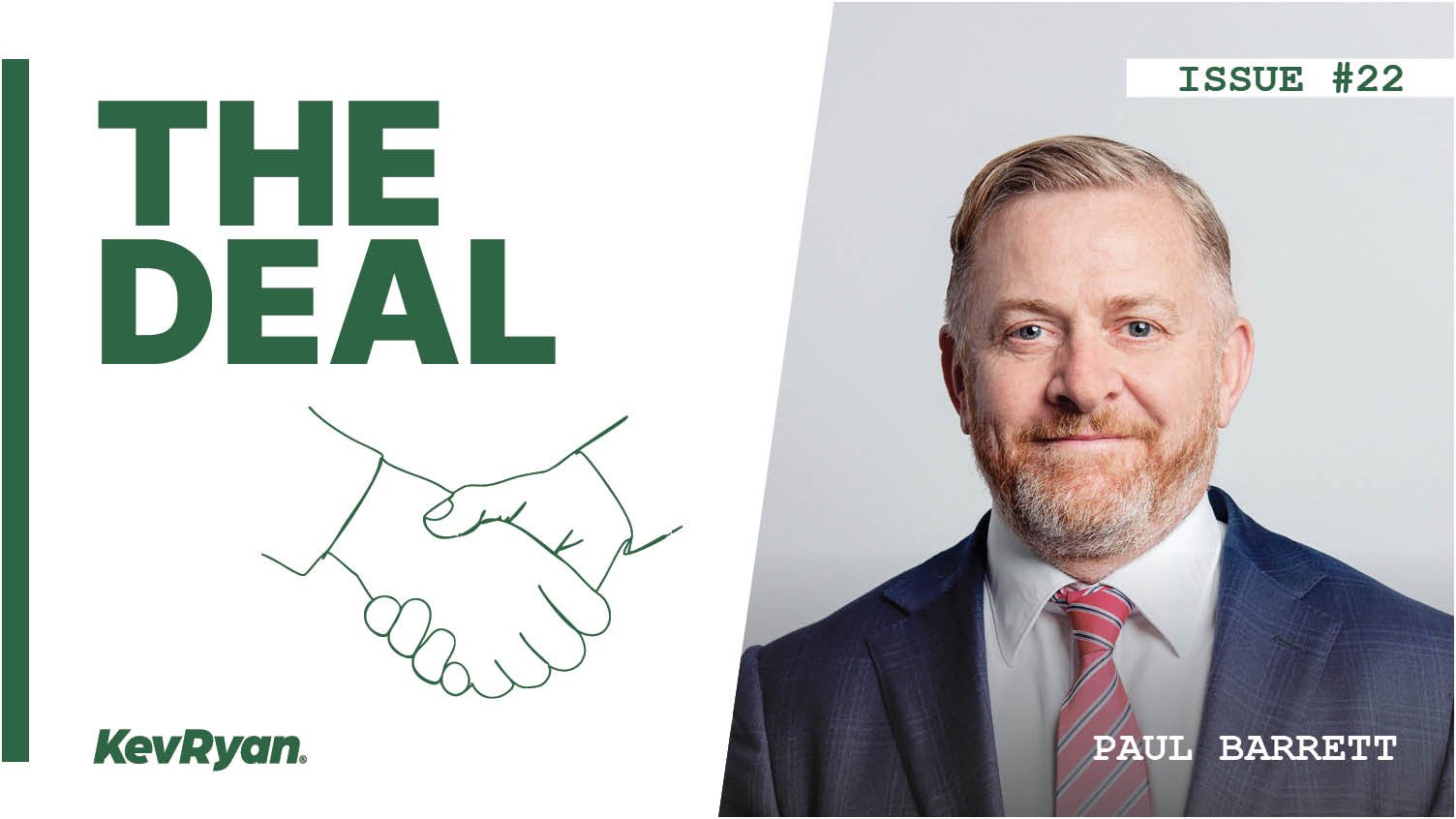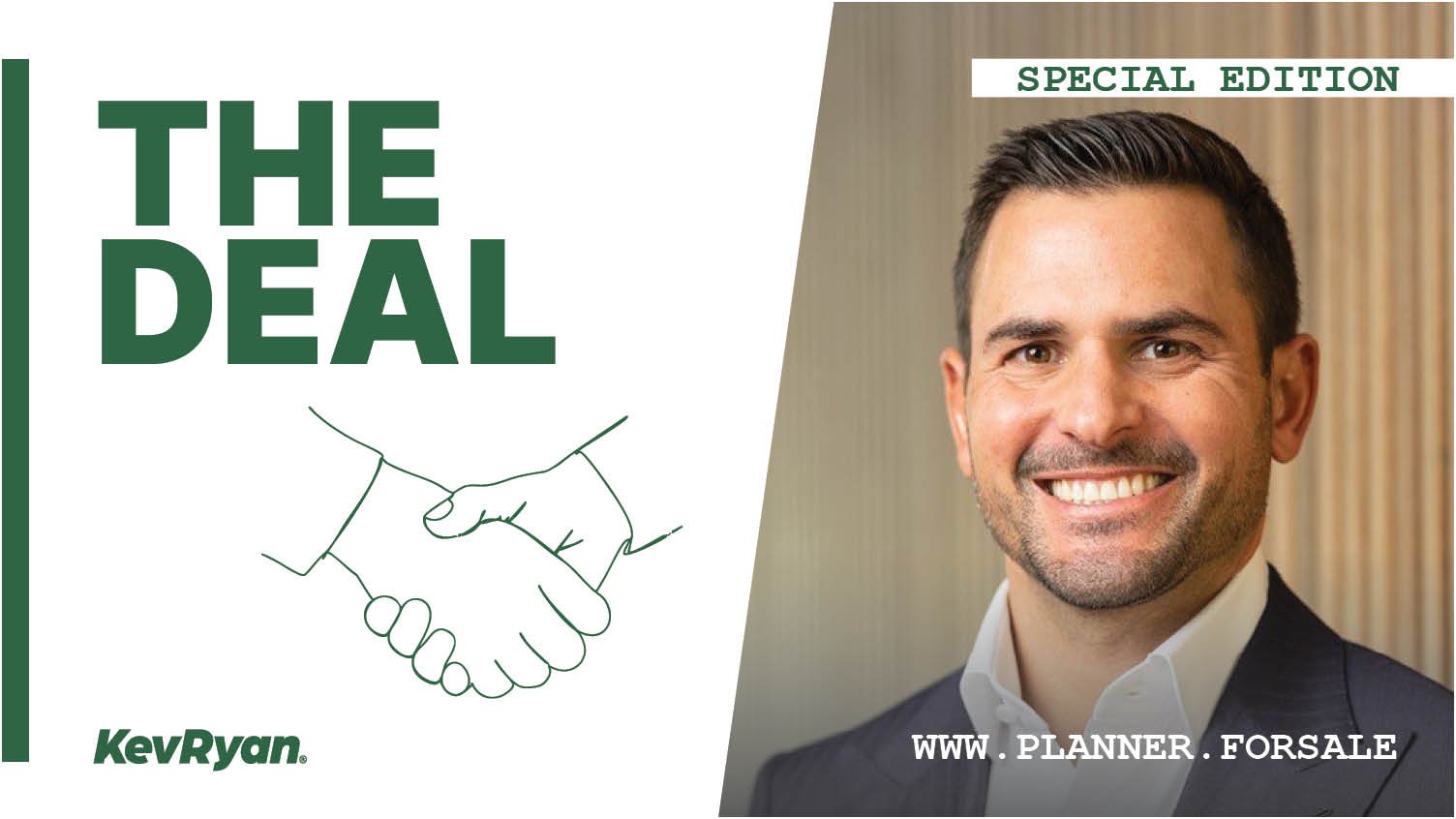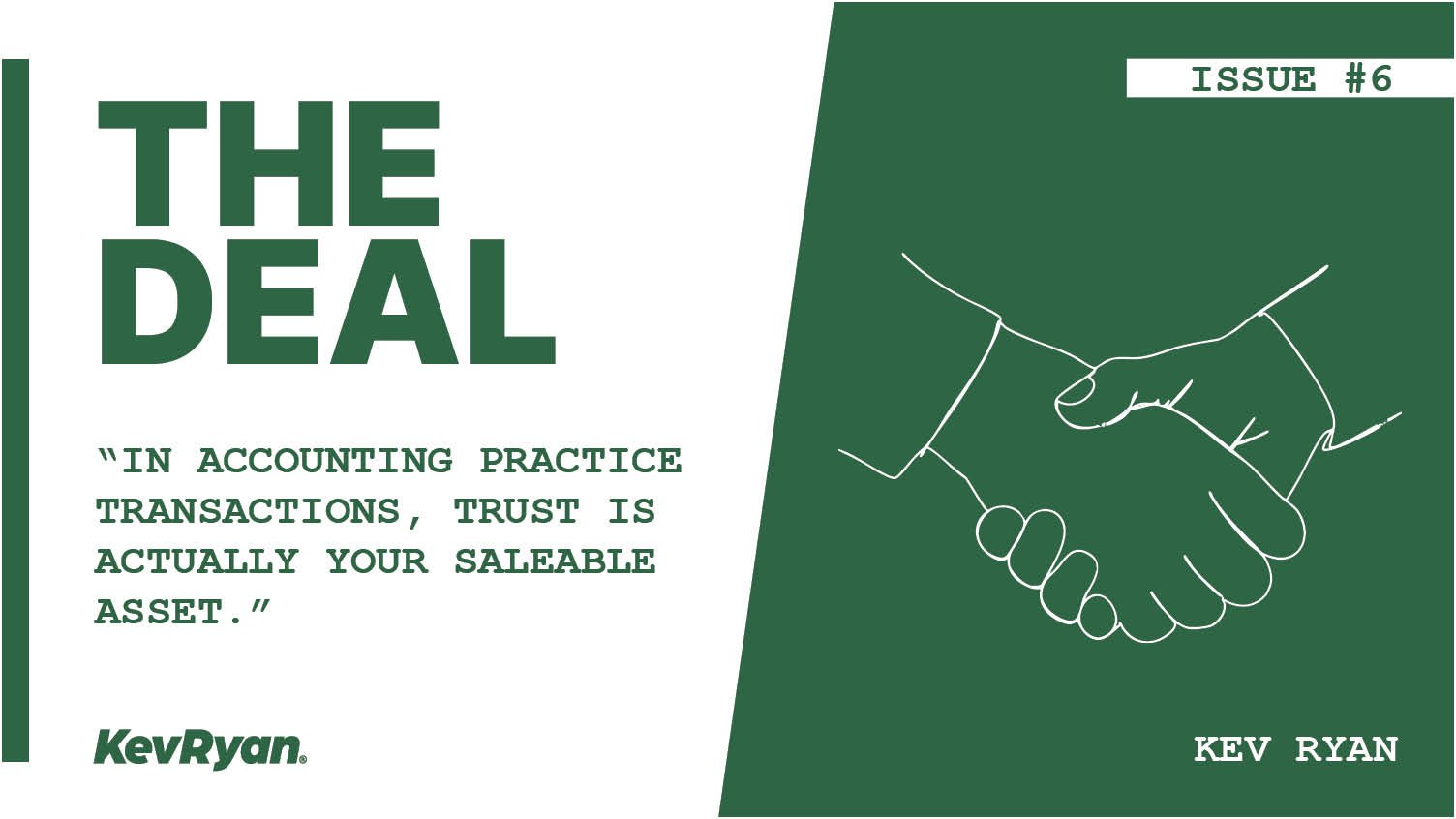Maurice's lifestyle sale: Gain freedom, retain equity
Article by: Chris Sheedy OF The Hard Word
When the demands of his accounting business became overwhelming, Maurice Sucevic found a way to continue doing what he loved, without all the admin.
Maurice Sucevic’s success story began with a redundancy. He’d spent years in a corporate role and suddenly found himself without a salary.
The freelance bookkeeping hustle called BuildGrowth, which he launched to provide an income as he looked for a new job, soon grew into a tax and virtual CFO service that employed three staff.
BuildGrowth lived up to its name, attracting clients over a 10-year period thanks to its stellar reputation.
“During the journey you attract more clients and develop more offerings, and the clients then expect more and more,” Maurice says. “That’s when I started pulling my hair out, because of all of the admin I was faced with each day.”
Having built his company around Xero, and ensured solid processes and policies were in place, the business itself was in excellent shape. But every organisation requires management, and the pressures were going beyond anything he’d ever expected.
“I built my own business to gain more freedom and flexibility,” Maurice says. “But as the business grew, I had to work late nights and during holidays to keep up with the needs of client retainers.”
The tipping point came during the COVID period.
“It was time for me to sell,” he says. “I was done.”
To sell or not to sell: There’s a third choice
The BuildGrowth business was in good shape for a sale thanks to the fact that Maurice had stuck to a single software package – Xero – and built the business around that, as well as some sage advice he’d received from Kev Ryan a few years earlier.
When they’d met, Maurice had spoken with Kev about how to prepare a business for sale. They’d discussed the importance of workflow systems and procedures, meaning the business can continue to operate with or without its founder.
Kev had also outlined the vital need for reliable data around the business’s revenues and historical performance.
Most importantly, when Maurice decided it was time to sell, Kev reassured him that this was very common with small business owners, then spoke with him about his hopes and dreams, and about the various options that were available.
“During the discussion, I realised that I only disliked all the tedious admin aspects of the business and that working for another company wasn’t the best option,” Maurice says. “But the relationships with clients and working with people, I love all those parts.”
Selling 100 per cent of the business then, would leave Maurice in a similar spot to where he was when he was first made redundant a decade earlier, but likely with a non-compete clause narrowing his choices.
Kev introduced the idea of a joint venture, selling a percentage of the business to a larger group whilst retaining some equity.
Lifestyle-wise, it would mean no longer having to worry about the admin and practice management hassles, and more time doing what he enjoyed – all whilst earning an income and continuing to grow his own business.
“It sounded like a very good idea,” Maurice says. “Kev introduced me to Guild Group, who he thought was a very good fit, and I agreed.”
“From there, Kev did all the due diligence and facilitated a seamless process.”
What is the result for Maurice and the buyer?
Maurice sold 60% of his business and held on to the balance. The benefit for him was obvious in terms of the cash boost – the business’s value was calculated as 12 months of revenue, meaning Maurice received 60% of that – and for his resulting work/life balance.
But what about for the Guild Group? What was in it for them?
“I’ve still got the relationships with the clients, so those clients still know I’m here, taking their calls,” Maurice says. “That mitigates risk for the Guild Group and frees up my time to continue to build my business, which adds value for them and for me.”
“They’re also bringing my staff on board, as well as my clients, and good people are very hard to find in this market.”
That works both ways, Maurice says. He now has many more experts to approach if he has a question or a concern. There are over 100 staff in the Guild Group, so there is always somebody he can speak with.
One of the most powerful learnings for Maurice during the sale process, he says, was the fact that the business owner, the person selling their business, must check their ego at the door during the sale.
“I had been building this business for a decade and might have thought it was worth its weight in gold, but buyers don’t have that emotional attachment,” he says. “Kev discussed this with me before negotiations began, and I was fine with that.”
“It was about more than dollars for me. I wanted to get to somewhere better than where I was, and Kev helped me to do that.”
MORE ISSUES






























